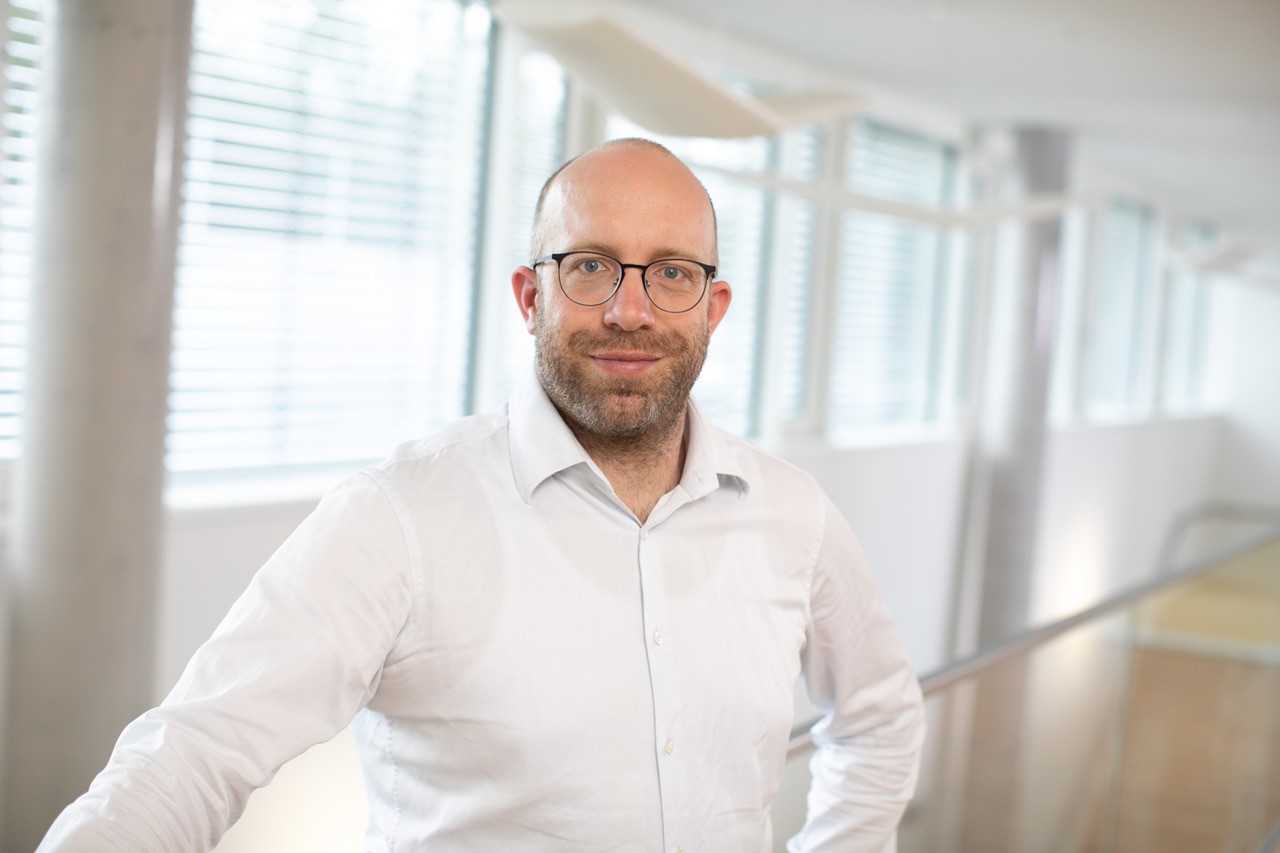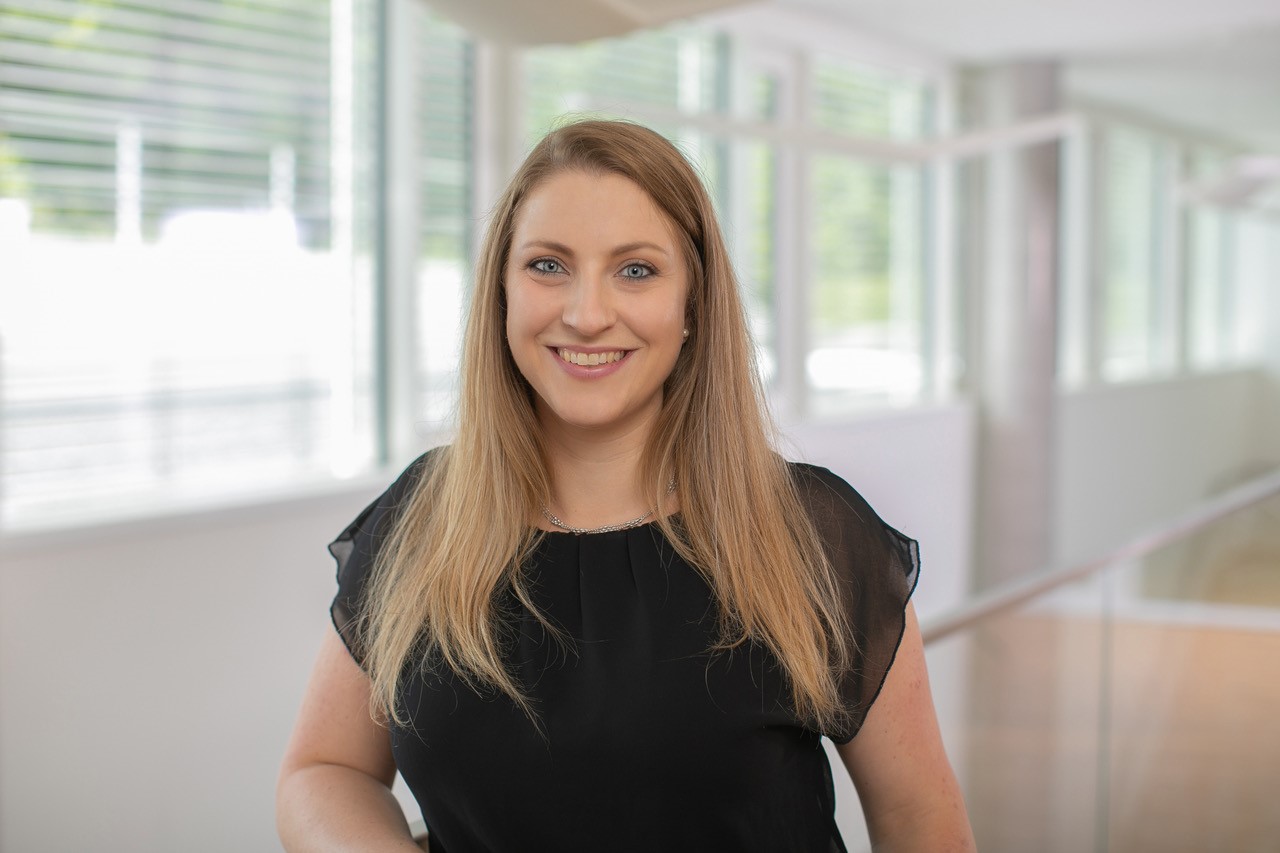Ursula M. Händel Prize 2024
Professor Dr. Peter Loskill and Dr. Silke Riegger of the University of Tübingen have been awarded this year’s Ursula M. Händel Animal Welfare Prize by the DFG.
According to the jury, the researchers’ development, application and dissemination of organ-on-chip systems have contributed significantly to replacing animal models with suitable alternatives. Endowed with a total of €80,000, the prize is being awarded this year for the tenth time to researchers who have brought about improvements in animal welfare in research based on the 3Rs principle. The three Rs stand for Replace, Reduce and Refine. The award ceremony will take place in Würzburg on 6 June at a symposium organised by the “Würzburg Initiative 3R (WI3R)”.
In its decision, the jury of the Händel Animal Welfare Prize paid tribute to the fact that the team led by Peter Loskill and Silke Riegger had already developed a large number of organ-on-chip (OoC) systems as alternatives to animal experiments for various organ systems. OoCs are tissue models that are grown in small cell culture chambers to simulate the complex physiological and pathophysiological functions of organs. The OoCs designed by Loskill and Riegger can be used in experiments on metabolic and cardiovascular diseases as well as in the field of ophthalmology. The jury emphasised in particular that, in addition to developing new models, the prizewinners had also been involved in further establishing and advancing standardised procedures in the application of OoCs, as well as validating the systems in animal experiments. In the jury’s view, this work is crucial in that it lays the foundations for creating acceptance of the alternative method, thereby promoting its more widespread use as a reliable approach.
Professor Dr. Peter Loskill
Prof. Dr. Peter Loskill
© Patrick Hipp, Werbefotografie
Peter Loskill obtained his doctorate in physics at Saarland University in 2012 and subsequently worked for several years at the University of California at Berkeley. He moved to the University of Tübingen in 2018, initially as a junior professor, and has been Professor of Organ-on-Chip Research since 2022. Regarded as a pioneer in the field of 3R research, Loskill heads the Department of Microphysiological Systems at the Institute for Biomedical Engineering and the 3R Center for In Vitro Models and Animal Testing Alternatives. He is scientifically active at European level, too, as well as being involved in policy consulting.
Dr. Silke Riegger
Dr. Silke Riegger
© Patrick Hipp, Werbefotografie
Silke Riegger completed her doctorate in chemistry at the University of Stuttgart and at the Fraunhofer Institute for Interfacial Engineering and Biotechnology. She has worked with Peter Loskill in Tübingen since 2020 and is a key figure at the 3R Center as Senior Scientist and Head of the 3R Center Business Unit for In Vitro Models and Alternatives to Animal Testing.

